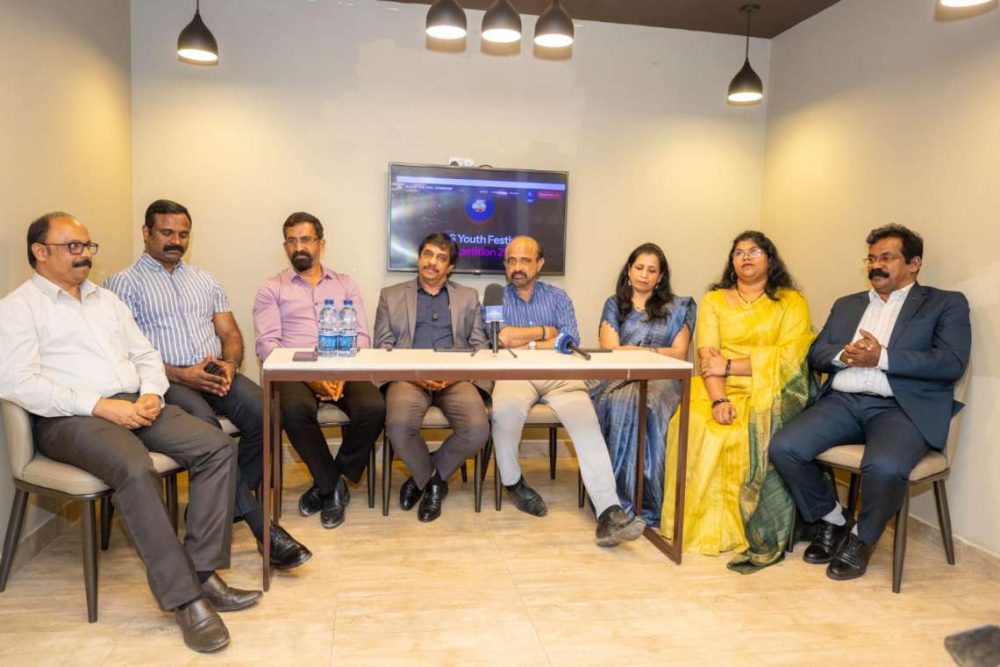Creative Menu Engineering: Creative menu engineering involves designing menus that prioritize the use of ingredients across multiple dishes to minimize waste…writes Birjesh Kumar
Sustainability has become more than just a buzzword; it’s a responsibility. Hotel restaurants, in particular, hold a significant opportunity to minimise waste through thoughtful menu planning. By adopting sustainable practices, these establishments not only contribute to environmental conservation but also enhance their reputation and bottom line. With a growing awareness of environmental concerns, there’s an increasing imperative for these establishments to adopt eco-conscious menu planning strategies that minimise waste
Embrace Seasonality and Local Sourcing: One of the most effective ways to reduce waste in hotel restaurants is by embracing seasonality and sourcing ingredients locally. Seasonal produce tends to be fresher, more flavorful, and readily available, reducing the need for excessive packaging and transportation. By sourcing ingredients from local farms and suppliers, hotels can minimize their carbon footprint and support the local economy. Additionally, incorporating seasonal ingredients into menus allows chefs to showcase creativity and provide guests with unique culinary experiences.
Implement Flexible Portioning: Portion control is essential for minimizing food waste in hotel restaurants. Implementing flexible portioning strategies, such as offering half portions or customizable dishes, allows guests to order according to their appetite while reducing the likelihood of leftovers. Moreover, providing clear guidance on portion sizes to kitchen staff helps minimize overproduction and ensures that food is served in appropriate quantities.
Creative Menu Engineering: Creative menu engineering involves designing menus that prioritize the use of ingredients across multiple dishes to minimize waste. By planning menus strategically, chefs can utilize ingredients in various preparations, reducing the likelihood of unused inventory. For example, a hotel restaurant could feature a “nose-to-tail” menu highlighting different cuts of meat or a “root-to-stem” menu focusing on utilizing all parts of vegetables. Additionally, incorporating scraps and trimmings into stocks, sauces, or garnishes adds depth of flavor while reducing waste.
Offer Sustainable Beverage Options: In addition to food, beverage offerings play a significant role in waste reduction efforts. Hotel restaurants can prioritize sustainable beverage options by offering local and organic wines, beers, and spirits. Furthermore, minimizing single-use packaging by serving beverages on tap or in reusable containers can significantly reduce waste. Additionally, encouraging guests to bring their reusable bottles or offering filtered water stations further reduces the reliance on disposable plastic bottles.
Implement Waste Tracking and Management Systems: Tracking and managing waste is crucial for identifying areas of improvement and implementing targeted strategies. Hotel restaurants can implement waste tracking systems to monitor food waste throughout the supply chain, from purchasing to plate waste. Analyzing this data allows establishments to identify trends, set reduction targets, and implement corrective measures. Moreover, implementing composting programs for organic waste and partnering with food rescue organizations to redistribute surplus food to those in need can further minimize waste and contribute to community initiatives.
Sustainable menu planning offers hotel restaurants a powerful opportunity to minimize waste and demonstrate their commitment to environmental stewardship. By embracing seasonality, implementing flexible portioning, adopting creative menu engineering, offering sustainable beverage options, and implementing waste tracking and management systems, hotel restaurants can significantly reduce their environmental footprint while delighting guests with memorable dining experiences.
ALSO READ-Goa’s Spring Festival Paints the Town with Tradition and Culture









